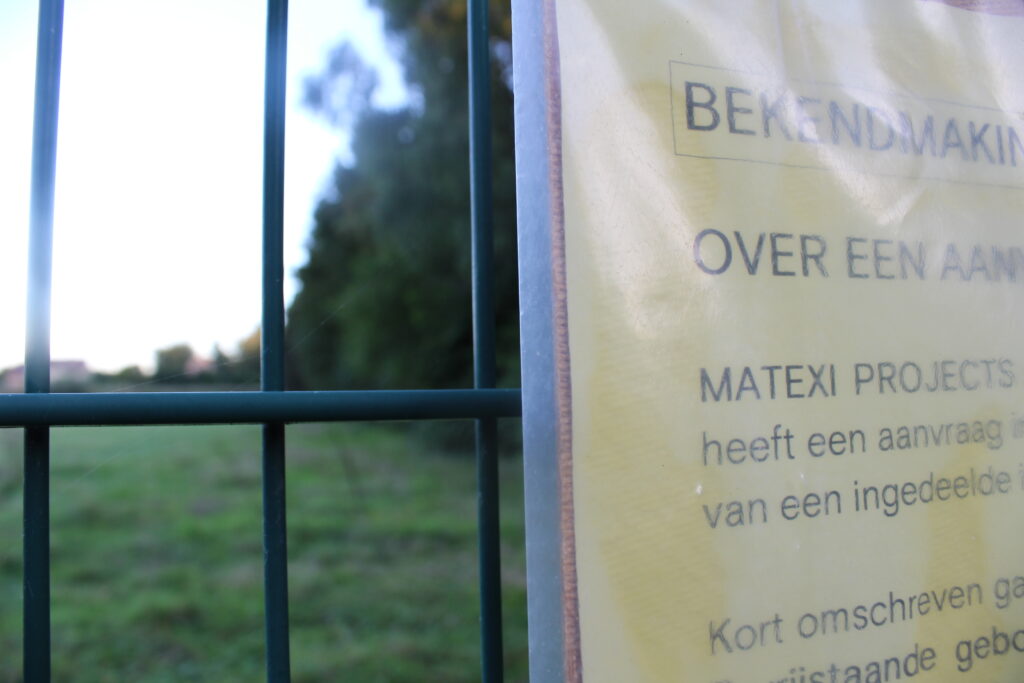TERVUREN — Town hall officials will not hire lawyers to defend new permitting rules designed to preserve Tervuren’s village character and protect remaining natural areas. Flemish liberal Mayor Thomas Geyns (OpenVLD, Voor Tervuren) cites high legal costs.
Tervuren’s legal expenses have reportedly surged to 160,000 euros annually. Geyns, a staunch advocate for property rights and entrepreneurship, openly opposes the new regulations. And those permitting rules could encourage complaints from disgruntled residents, obliging business and town hall to pay up for lawyers.
“There’s no filter at the Court for Permit Disputes. It’s a very cheap procedure for citizens to initiate,” Geyns told the last council. He added that such processes allow people to “harass entrepreneurs indefinitely”. Upon taking office as mayor, Geyns stepped away from his previous role defending clients at Flanders’ Court for Permit Disputes. That was a break with tradition and a plus point for transparency.
Traditional Flemish families in Tervuren are also unhappy about restrictions on their property rights. Flemish Catholic alderman Sebastiaan Coudré of CD&V and Voor Tervuren, backed by party colleague Kristina Eyskens — daughter of a former Belgian prime minister — voted against the measures last year. Coudré, grandson of a former Tervuren mayor, argued that many landowners want to subdivide their properties to pass them on to their children.

The coalition with the Flemish nationalist N-VA allowed Geyns to secure the mayoral position. But the N-VA supports the rules as safeguarding Tervuren’s Flemish identity and rural charm. The regulations also have the backing of the Flemish progressive alliance Groen+Vooruit. Under the new rules, properties can only be divided into construction plots with a minimum 18-meter frontage, up from the previous 14 meters.
The N-VA has warned that without these restrictions, Tervuren’s rural character could vanish by 2050. The prior, more lenient rules had been in place before Tervuren annexed Duisburg in 1977.
Lax rules on housing development have helped drive Tervuren’s population growth, rising from 15,261 in 1970 to 20,181 in 2000. New homes increase town revenue. But they also bring more traffic, higher service costs, and demographic shifts. Tervuren’s population now stands at 23,077, with 44% of residents of non-Belgian origin, up from 29% in 2000.
Author: Dafydd ab Iago. © Article and photos are licensed © 2024 for Tervuren+ under the Attribution-ShareAlike 4.0 International license.
